Black Bears Raiding Brood
 Previously this fall I posted about Black Bears foraging ferociously in the fall in order to store fat (sometimes doubling their weight) before hibernating. That post showed an ant-infested tree that had been ripped apart. As winter approaches, signs of bears’ frenetic gorging (hyperphagia) increase dramatically. Protein-rich sources such as Bald-faced Hornet nests (suspended from branches) and Yellow Jacket nests (in cavities in the ground) are highly sought after.
Previously this fall I posted about Black Bears foraging ferociously in the fall in order to store fat (sometimes doubling their weight) before hibernating. That post showed an ant-infested tree that had been ripped apart. As winter approaches, signs of bears’ frenetic gorging (hyperphagia) increase dramatically. Protein-rich sources such as Bald-faced Hornet nests (suspended from branches) and Yellow Jacket nests (in cavities in the ground) are highly sought after.
If you look closely, you’ll see that the claws of the bear that attempted to raid the hornet nest (suspended ten feet above the ground) were able to reach just the bottom portion of the nest, tearing the outer multi-layered, paper envelope but not reaching the brood-containing cells within. The Yellow Jacket cells containing brood (eggs, larvae and pupae), on the other hand, were all removed from the ground nest and consumed. All that remains is a portion of the outer envelope and a few adults.

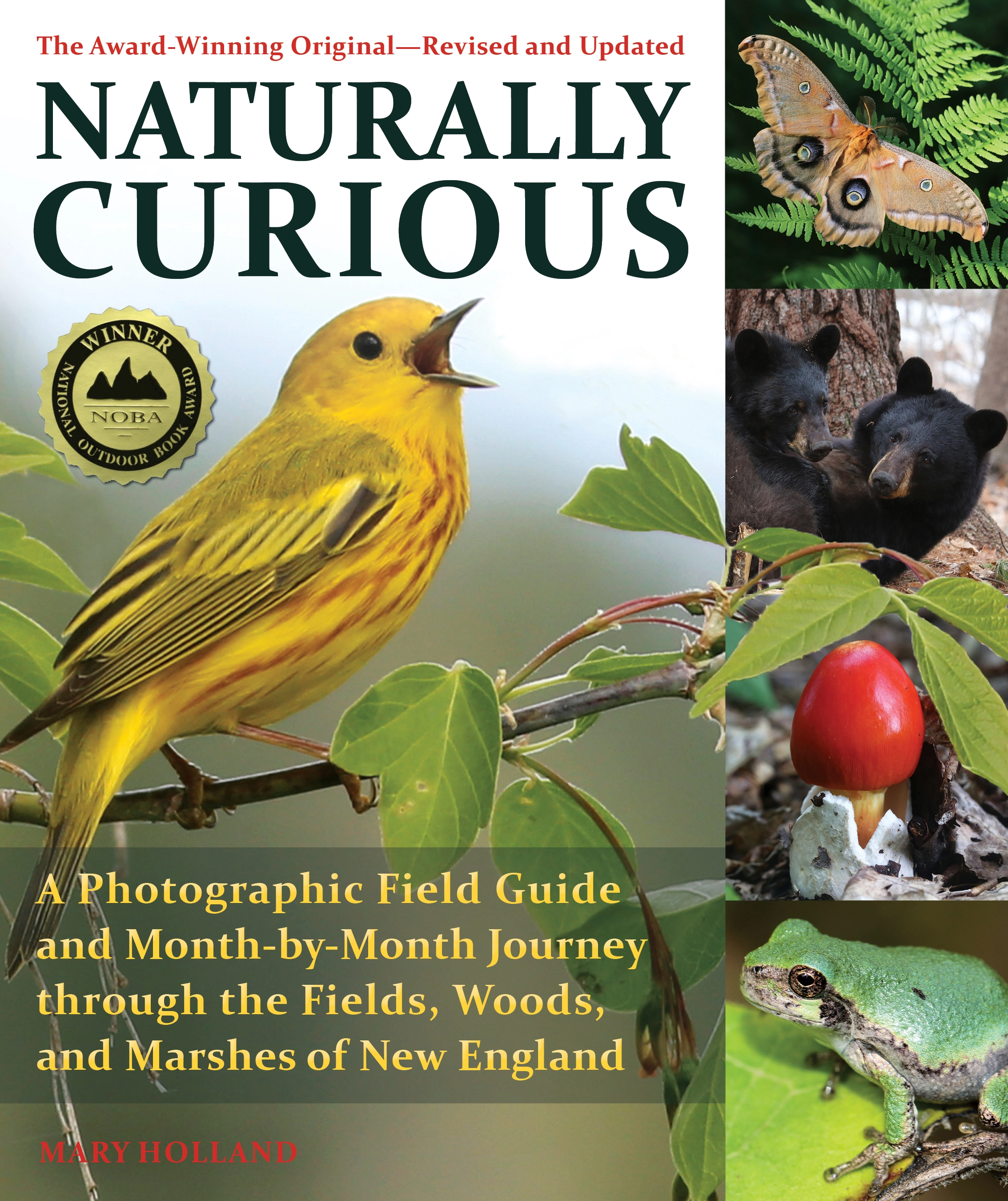

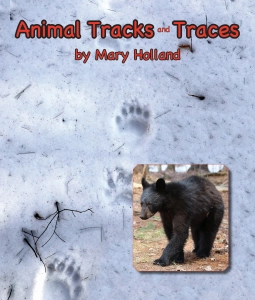

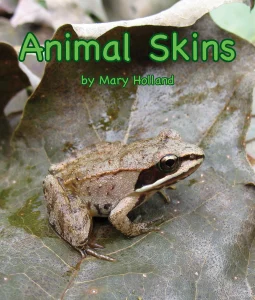


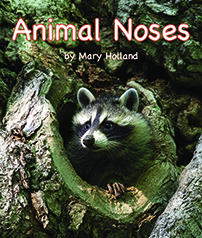





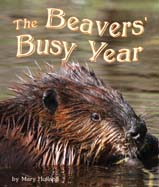



Molly, I also think woodpeckers go after bald-face hornet nests. Ones on the outside of our house often are taken out over the winter, and I thought that was by woodpeckers. Do you know if that is true?
November 1, 2017 at 8:23 am
I honestly have never heard of woodpeckers raiding hornet nests, but it certainly seems feasible, although the dead hornets and brood would probably have started to decompose. I have seen deer mice spending a cozy winter inside one, however!
November 1, 2017 at 1:22 pm
amazing discovery and lesson here. Thanks as always
November 1, 2017 at 2:10 pm
how does the bear avoid being stung? are the wasps inactive by now?
thanks
November 2, 2017 at 12:53 am
No, there hasn’t been enough cold days/nights to kill the hornets/yellow jackets, so they are still plenty active. And the bears do get stung, but their thick coats protect most of their body. I’ve been told they just shake them out of their coats, but imagine their faces get the brunt of the stings.
November 2, 2017 at 10:46 am